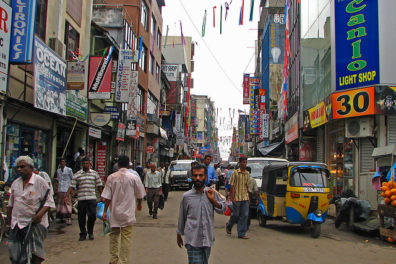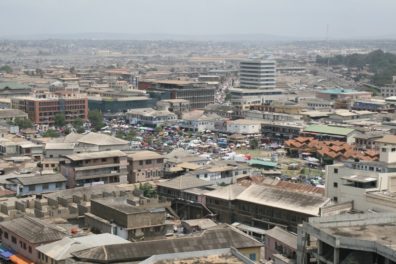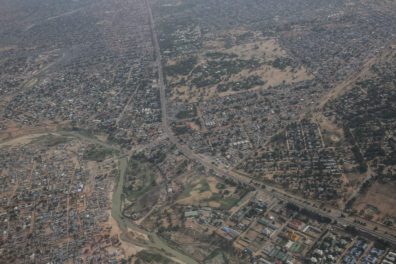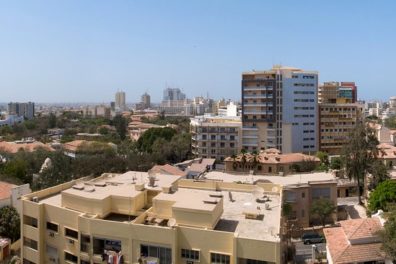Subnational and Property Tax
While policymakers and academics have increasingly given attention to national-level taxation in developing countries, local government taxation has remained relatively neglected. Yet local taxes have broad and direct impacts on citizens in low-income countries and are likely to have important implications for small business growth, local service delivery, equity, governance, and accountability. Property taxes are of particular interest, as they have significant revenue potential and are non-distortionary, progressive and easily linked to public services – but are nonetheless severely underused in almost all developing countries. Our research aims to build a more extensive body of empirical research on the potential reform of subnational and property taxes, with an emphasis on political economy challenges and cross-country comparison.





